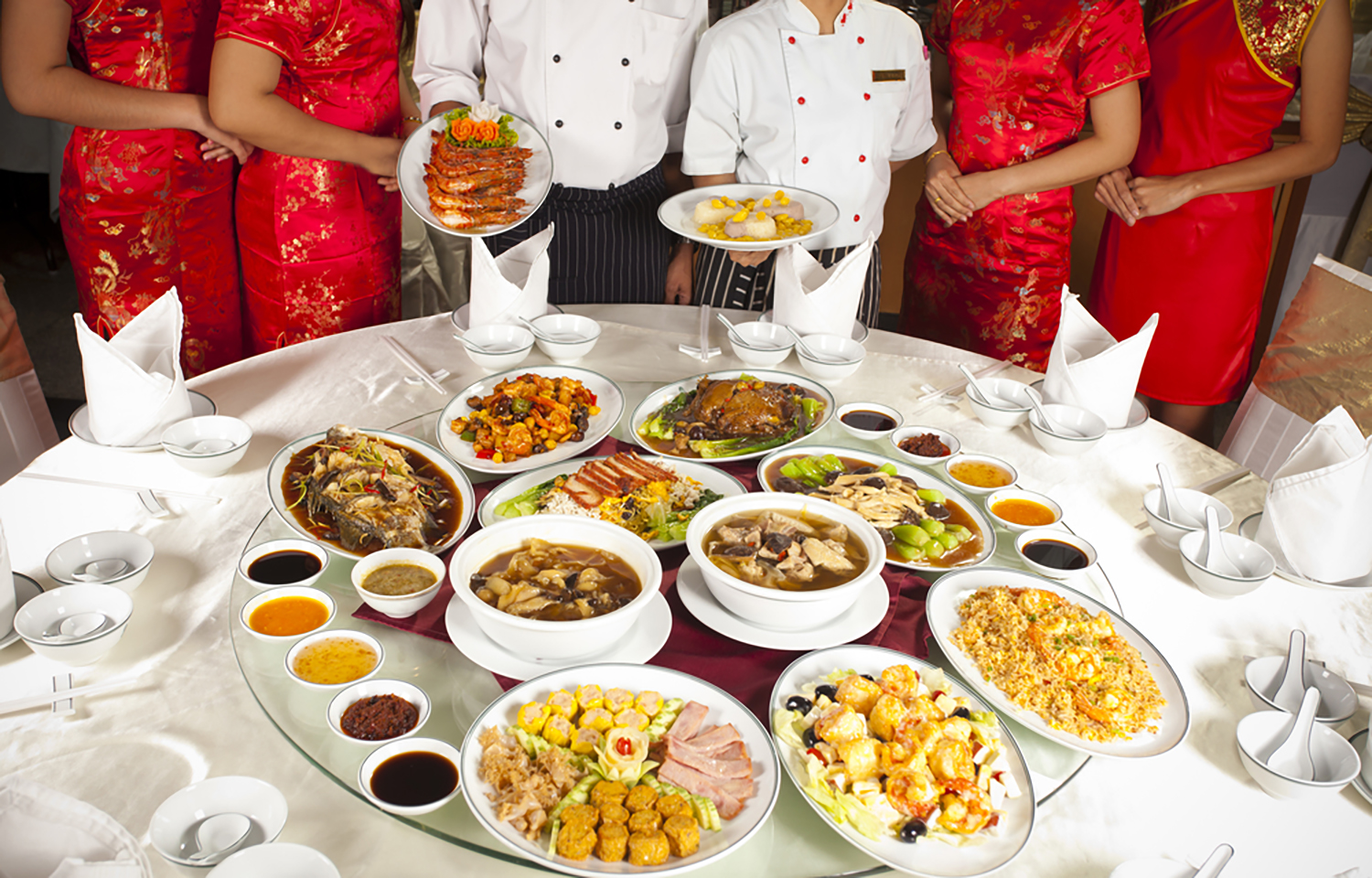China’s appetite for luxury products, including premium food and travel, is slowing due to a turbulent economy and geopolitical tensions, according to a new report published by Paris, France-headquartered investment bank Natixis.
China has become a major market for suppliers of luxury goods, and although the country’s luxury spending still remains high – at 12 percent compared to the global average of 9 percent – it dropped year over year in 2023.
This is worrying news for exporters of premium seafood like French oyster brand Gillardeau. To drum up sales, it collaborated with winemakers for a recent tasting showcase on Jinbao Street in Beijing’s financial district. Attendees paid CNY 588 (USD 82.30, EUR 76.44) for entry to the two-hour event to taste French oysters and drink wines from the Bordeaux and Burgundy regions and the Loire and Rhone valleys.
Natixis said it will take a massive effort to convince Chinese consumers to resume their spending on luxury products. The Chinese property sector, according to the investment bank, has historically been a key driver of Chinese GDP growth in the past but has recently imploded, with the country’s government announcing a CNY 300 billion (USD 42 billion, EUR 39 billion) rescue package for the sector that analysts have deemed insufficient to force a turnaround.
Outside of real estate, a recent survey of over 1,400 companies by research institute Beijing Dacheng found that 60 percent of private businesses reported a drop in revenue or zero growth in 2023, while only 28 percent said they planned to increase investment in the coming two years.
“Our take at this crossroads is that China's luxury market may stall given structural deceleration,” Natixis said. “The weaker yuan and the low inflation environment in China mean the cost of luxury spending will be higher, deterring more middle-class consumers. China's disposable income is decelerating with a lower consumption propensity. For each additional yuan households receive, they tend to consume a smaller part of it. The regulatory changes and state-led wage cut in some sectors have dampened sentiment, and the weak property and equity outlook also harm passive income.”
Further providing evidence to contracting wallets in China, hotel revenue in the country is estimated to be 79 percent of 2019 levels as of March 2024 due to “consumption downgrades, deflationary pressure, and tightened corporate travel budgets.” And spending by Chinese tourists has plateaued or even contracted, according to Natixis.
“The loss in purchasing power overseas is noticeable,” Natixis said. “Part of the spending may reflect capital flight and not actual tourism expenditure.”
Natixis predicted higher taxes in China, which the government is implementing to prop up state budgets, will further curb spending.
“Boosting luxury spending in China will be an uphill battle,” Natixis said.
Seafood producers have had to adjust accordingly. In early 2020, the Chinese government introduced incentives for aquaculture companies to start focusing on farming luxury species like grouper, sea bass, salmon, and trout, when it looked as though spending was on the rise.
However, as the Covid-19 pandemic took its toll on the country, and China’s recent economic problems have hurt consumers’ spending power, producers have found more recent success with lower-value species like tilapia, snakehead, and pangasius.








